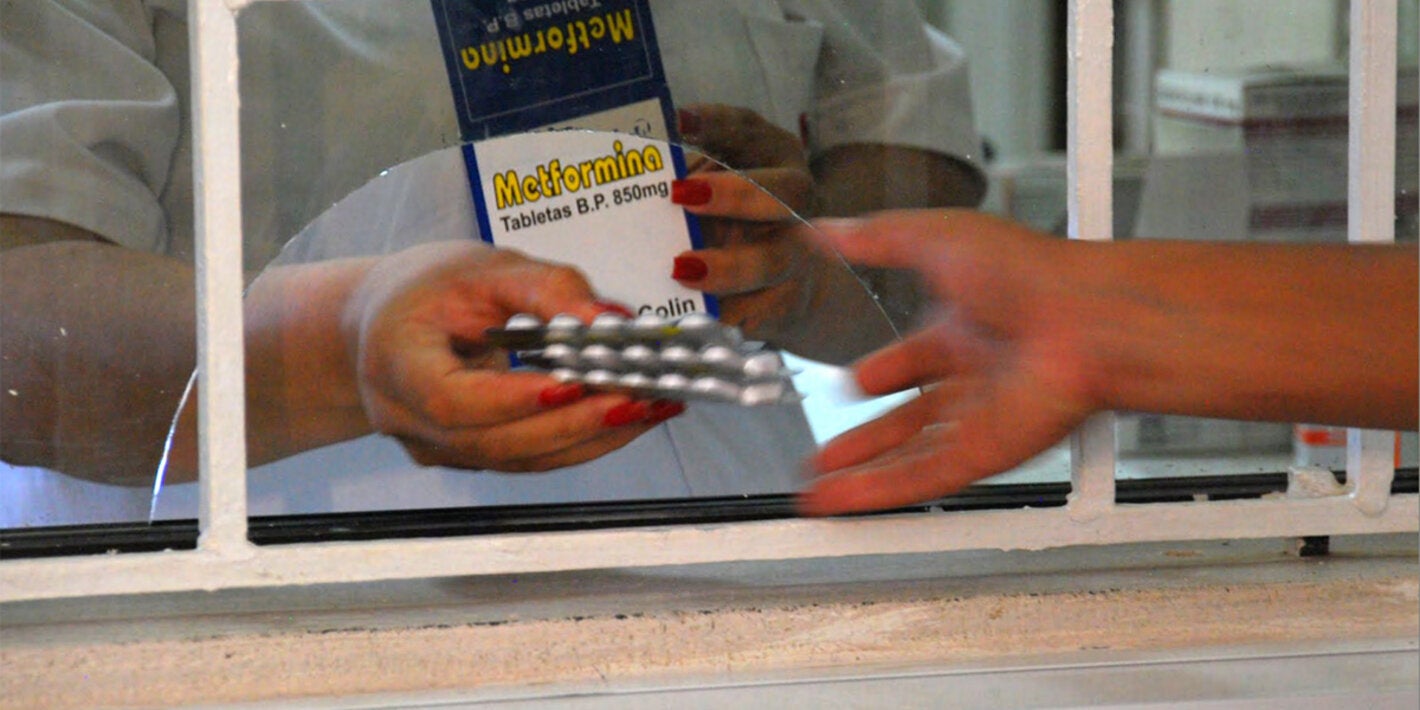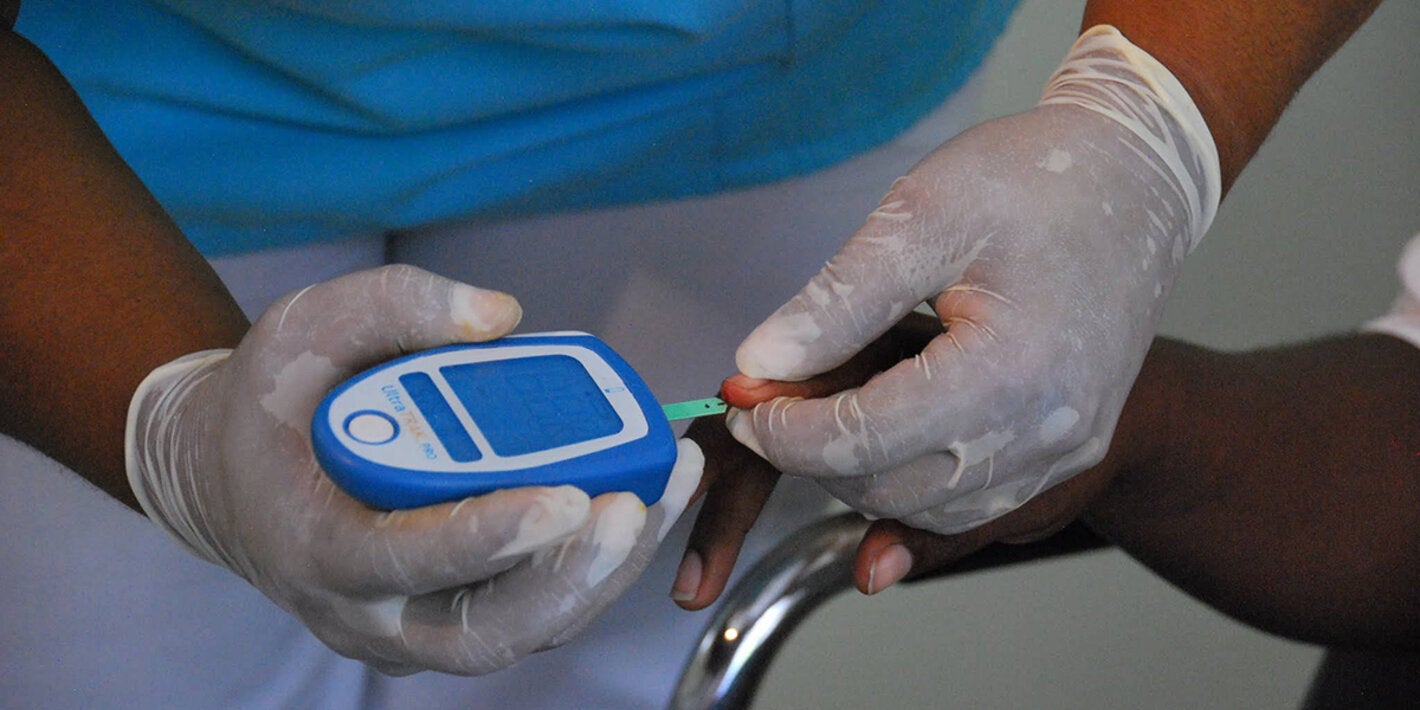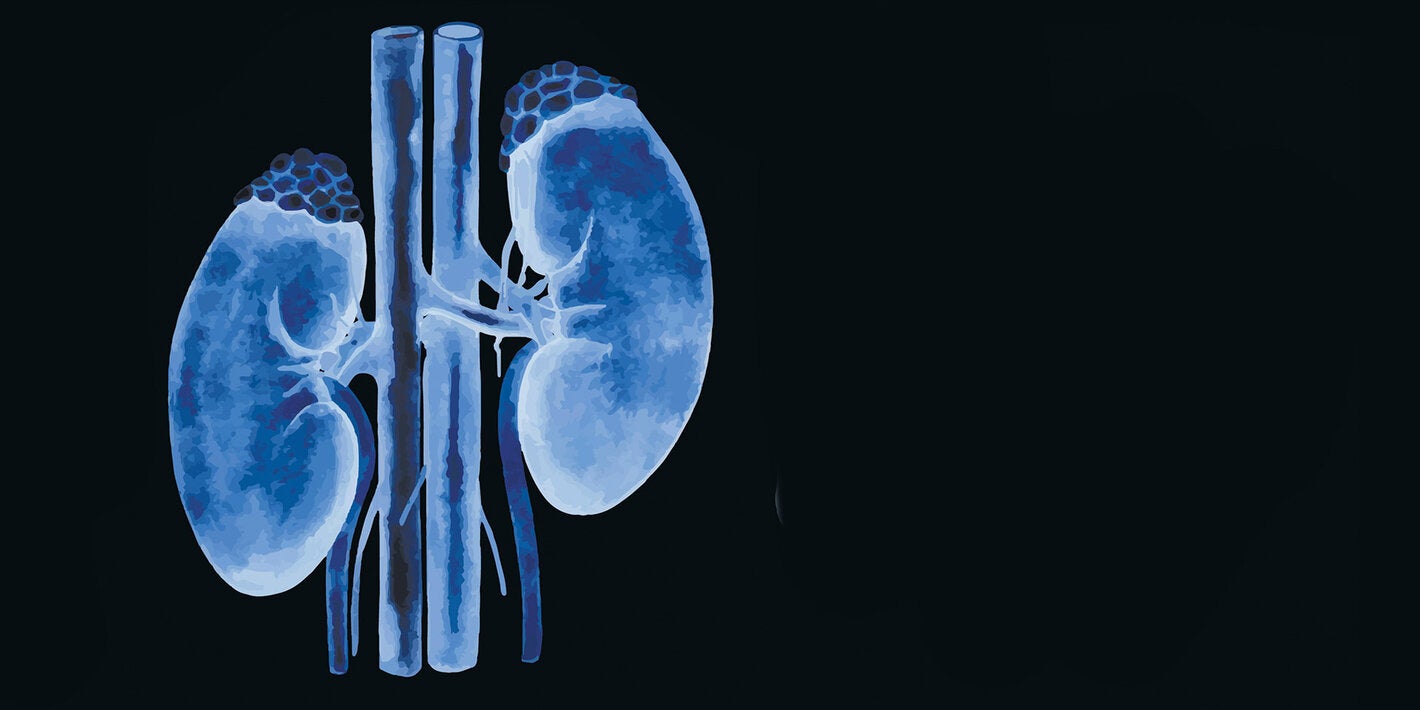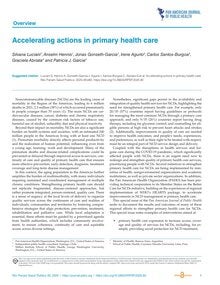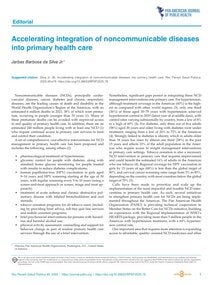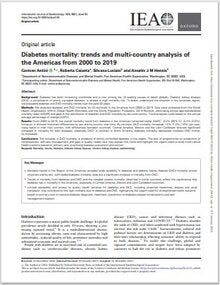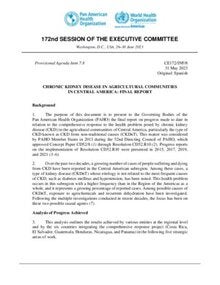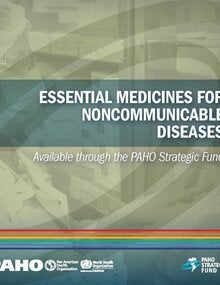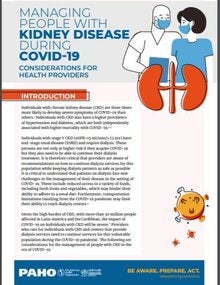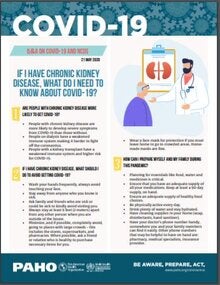Chronic kidney disease, also called chronic kidney failure, describes the gradual loss of kidney function. The kidneys filter waste and excess fluids from the blood, which is then excreted in the urine. When chronic kidney disease reaches an advanced stage, dangerous levels of fluid, electrolytes and wastes can build up in the body.
Signs and symptoms of chronic kidney disease develops over time and kidney damage progresses slowly, and may include, nausea, vomiting, loss of appetite, fatigue and weakness, sleep problems, changes in urine output, decreased mental sharpness, muscle twitches and cramps, swelling of feet and ankle and high blood pressure.
Signs and symptoms are often nonspecific, meaning they can also be caused by other illnesses. Some of the factors that may increase the risk of chronic kidney disease include diabetes, high blood pressure, heart disease, smoking, obesity. Depending on the underlying cause, some types of kidney disease can be treated. Chronic kidney disease has no cure, but in general, treatment consists of measures to help control signs and symptoms, reduce complications and slow progression of the disease.




